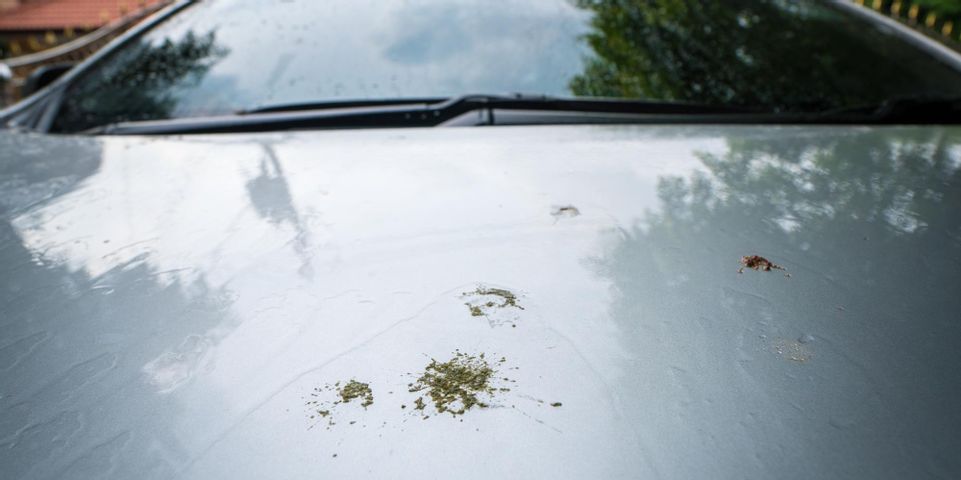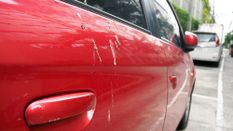Why Are Birds Such a Pain When It Comes to Cars?

While robins, seagulls, and sparrows may look beautiful flying overhead, the waste they drop in transit is far less enjoyable. In fact, it can do a number on your car’s auto paint. If you’re interested in learning how bird droppings can damage your vehicle and what you can do about it, consider the guide below.
Why Are Birds a Hassle for Car Owners?
As soon as bird excrement hits a coat of auto paint, it’s only a few minutes away from doing permanent damage. That’s because aviary droppings have an incredibly high uric acid content. With a pH level between 3 and 4.5, this organic material is extremely abrasive. In just three minutes, it will start to eat away at the wax coating and sealant. Then, it will move onto the auto paint underneath, causing permanent erosion. While most auto paint layers are only 4–6 millimeters thick, bird droppings can quickly eat away 1–2 millimeters.
What Can You Do About It?
 If you catch bird droppings on your car’s body, it pays to take action right away. The more time that passes, the more the acid will eat away at the paint, leaving a noticeable dimple behind. To remove it immediately, use a damp, soft cloth, such as a microfiber towel. However, the droppings might not wipe off easily. If they have dried and become hard, put the wet towel over it and let it soak for at least 10 minutes before wiping it away.
If you catch bird droppings on your car’s body, it pays to take action right away. The more time that passes, the more the acid will eat away at the paint, leaving a noticeable dimple behind. To remove it immediately, use a damp, soft cloth, such as a microfiber towel. However, the droppings might not wipe off easily. If they have dried and become hard, put the wet towel over it and let it soak for at least 10 minutes before wiping it away.
While this is the best way to avoid further damage, you might need to take your car to an auto paint repair technician if the excrement left a crater behind. These professionals will have to polish the paint around the damage or possibly patch up the missing area. To avoid this expense in the future, get a custom car cover, and park in a garage whenever you can.
If you need auto paint repairs, get in touch with Jack Hart Body Shop in Radcliff, KY. With over 50 years of experience and a team of 20 employees, you can trust them to return your car to its former beauty. In addition to paint refinishing, they also offer collision repair services. Visit their website to learn more about their facility, and call (270) 351-3637 to speak with a staff member about your vehicle.
About the Business
Have a question? Ask the experts!
Send your question

